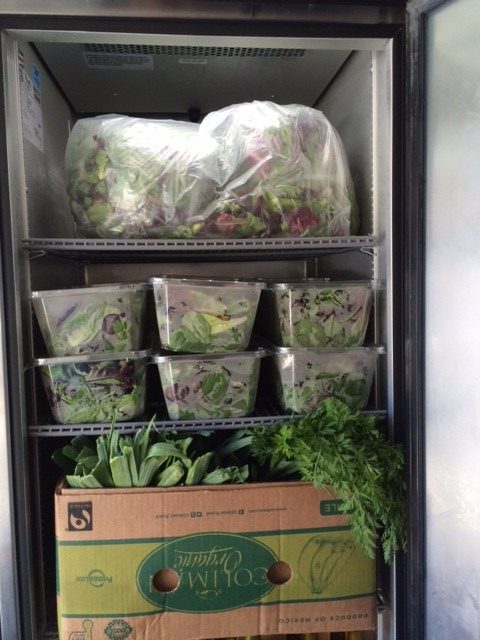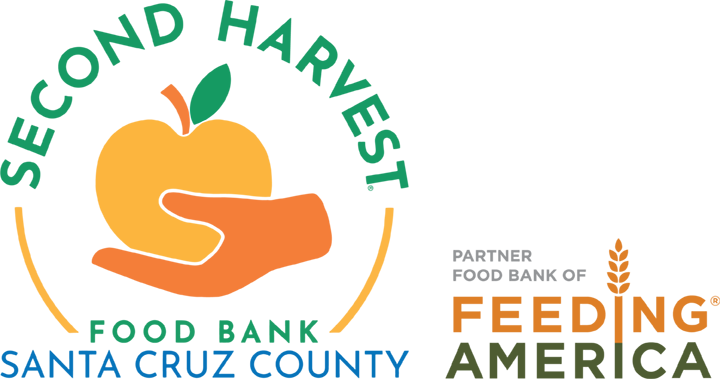 A generous grant from the Walmart Foundation has provided Second Harvest Food Bank Santa Cruz County with funds for our partner agencies to purchase cold storage equipment. This equipment allows agencies to increase their food storage capacity as well as provide foods to their clients that weren’t previously available.
A generous grant from the Walmart Foundation has provided Second Harvest Food Bank Santa Cruz County with funds for our partner agencies to purchase cold storage equipment. This equipment allows agencies to increase their food storage capacity as well as provide foods to their clients that weren’t previously available.
Ten partner agencies now have the ability to rescue perishable food from local grocery stores such as Nob Hill, Safeway, and Whole Foods, and distribute it to more people in their communities.
“We are so grateful for the additional equipment,” says Lynn Robinson, Executive Director of Valley Churches United. “Thanks to our new fridge and freezer, we can now collect and store proteins like ground turkey, chicken and beef patties and provide them to our clients.” Proteins are an important part of a balanced diet but are often expensive to buy and have a limited shelf life.
Lisa Smith, Resident Services Coordinator of Bay Avenue Senior Apartments, notes that in order for food rescue to be successful, food banks and grocery stores have to work together and build relationships. The old rules that prevented grocery stores from redistributing food that is close to expiration are being revised so that the food no longer has to go to waste.
Jennifer Welling, Grants Director at Second Harvest, points out that there is an environmental benefit to the agencies having increased storage and distribution capacity. “Not only does the funding from the Walmart Foundation help build a network between our partner agencies and our local grocers, it also helps to keep edible food out of the landfills.”
So far, the agencies that have participated in the project have purchased $67,500 in equipment including refrigerators, freezers, scales, bags and shelving. In the first seven months of tracking, 154,305 lbs. of food was collected and stored, resulting in 123,444 meals for hungry people in Santa Cruz County which, without the new cold storage capacity, would not have been possible.
